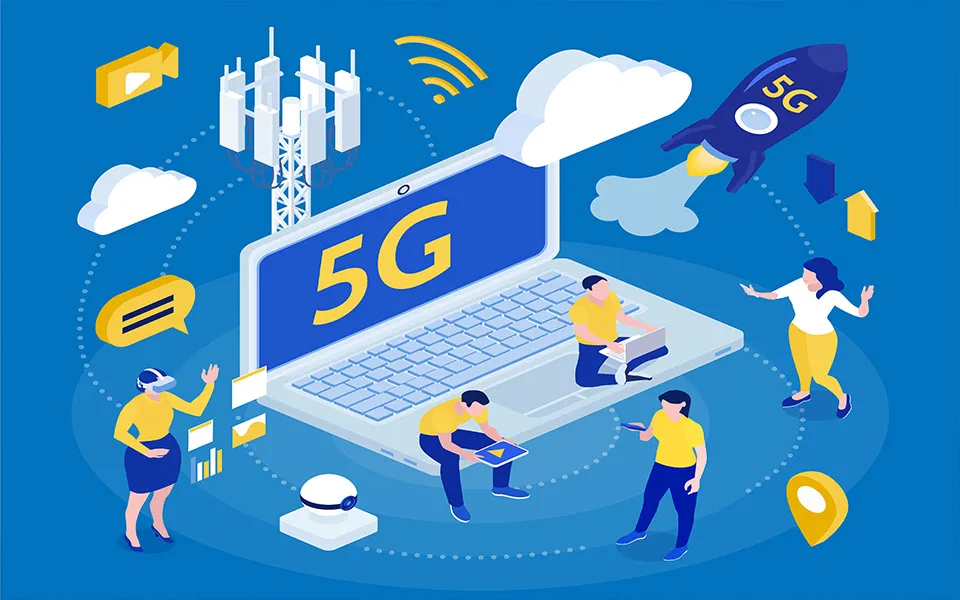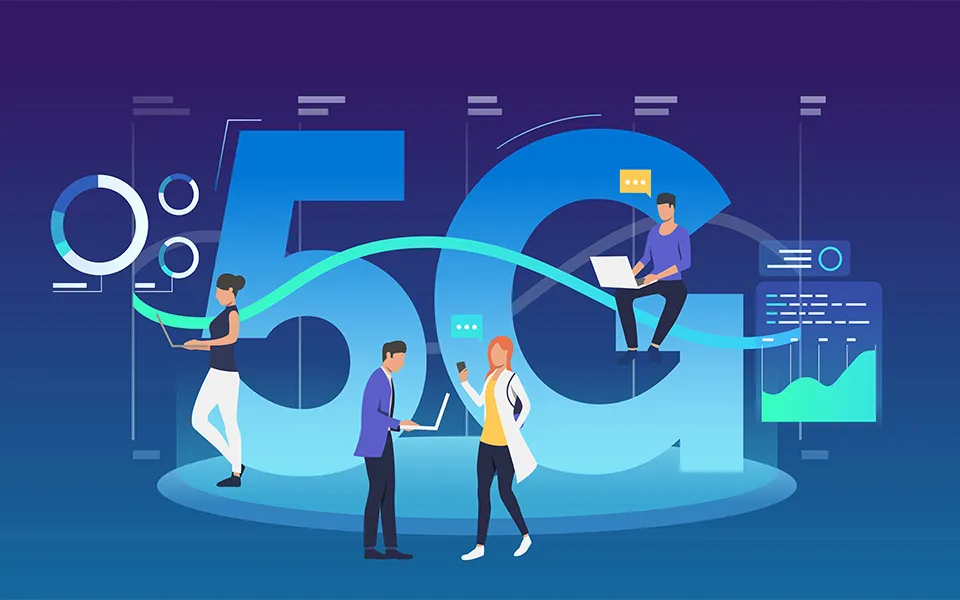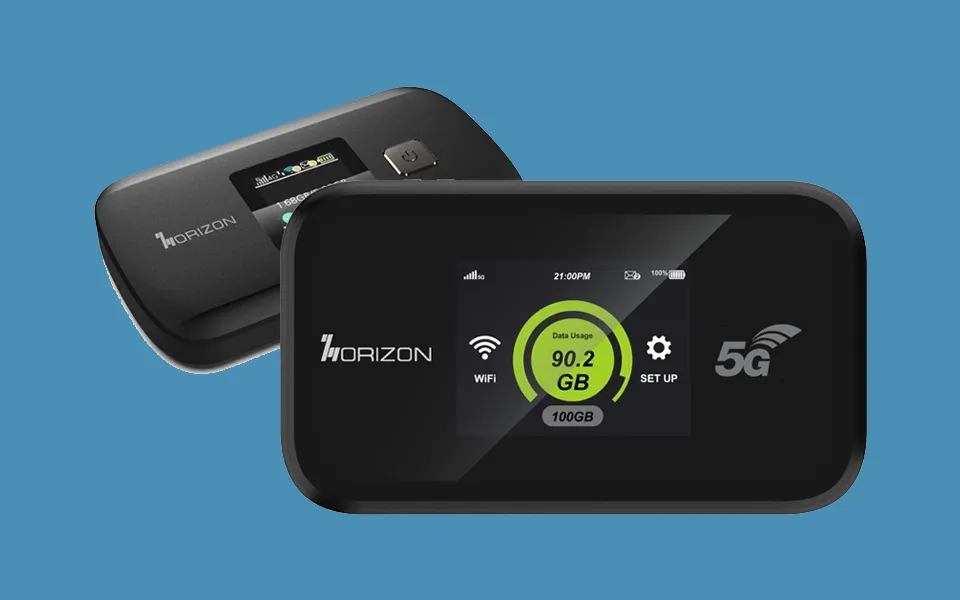A Glimpse into Tomorrow - The Top 10 U.S. Cities Embedding Smart Technology
The concept of smart cities has emerged as a transformative approach to urban management. Utilizing advanced technologies and data analytics, smart cities aim to enhance the efficiency, sustainability, and livability of urban environments. Across the United States, numerous cities have adopted this innovative framework, implementing solutions that tackle everything from traffic congestion and energy use to public safety and environmental conservation. This article explores ten standout examples of American cities that are setting benchmarks in the smart city domain, providing insights into the technologies and strategies that are shaping the future of urban living.

Leading Examples from Across the United States
1. San Francisco, California
San Francisco’s geographic constraints, surrounded by water and mountains, have necessitated innovative solutions to urban growth and congestion. The city’s Innovation Advisory Council (IAC) spearheads various projects aimed at enhancing city living. Notable initiatives include predictive analytics for parking which helps in alleviating congestion by predicting parking spot availability. Earthquake preparedness is another major focus, with early warning systems and damage assessment tools being developed to tackle potential disasters promptly. Additionally, San Francisco has employed data modeling to improve its approach to homelessness and manage food rescue operations, showcasing a multifaceted approach to urban challenges.
2. Charlotte, North Carolina
Charlotte has partnered with Microsoft to enhance its digital infrastructure significantly. This collaboration aims to expand public Wi-Fi and incorporate advanced traffic monitoring systems to reduce congestion and pollution. The city’s Envision Charlotte initiative is particularly noteworthy. It leverages public-private partnerships to boost economic competitiveness and environmental sustainability. Key focus areas include effective water management, waste management, and traffic management solutions, all designed to foster a more sustainable and efficient urban environment.
3. New York City, New York
As the most densely populated city in the U.S., New York City employs smart technologies to manage its complex infrastructure. The city has implemented an Automated Meter Reading system that monitors water usage across a daily consumption of a billion gallons. Additionally, NYC has upgraded its urban traffic management system to include cellular routers at intersections, improving traffic flow and safety via integrated connected vehicle technology. The city also focuses on waste management and air quality through hundreds of smart sensors, enhancing the urban living environment continuously.
4. Boston, Massachusetts
Boston’s approach to smart city innovation emphasizes mobility and environmental stewardship. The city uses dynamic pricing in its parking strategy to manage demand and reduce emissions. Boston has also embraced urban agriculture, turning vacant plots into productive farmland to mitigate the urban heat island effect and promote local food sources. The integration of advanced data analytics supports public safety and environmental monitoring, making Boston a leader in sustainable urban management.
5. Seattle, Washington
Seattle’s smart city solutions are robust in public utilities and transportation. The implementation of a smart grid system improves energy efficiency and reliability while minimizing carbon emissions. Real-time data utilization optimizes public transit, enhancing service delivery and user satisfaction. Open data initiatives further promote transparency and citizen engagement, crucial for the development of smart urban solutions.
6. Austin, Texas
Austin is at the forefront of smart mobility, evidenced by its Smart Mobility Roadmap which includes autonomous vehicle testing and shared mobility options to reduce reliance on private car ownership. The city’s Green Building program encourages sustainable construction practices, enhancing energy efficiency and reducing environmental impact. These initiatives align with Austin’s broader goals of sustainability and reduced urban congestion.
7. Chicago, Illinois
Chicago’s Array of Things is an innovative network of sensors collecting real-time data on urban dynamics, from climate to human activity. This initiative supports Chicago’s responsive governance and strategic planning for sustainable growth. Additionally, the city’s investment in renewable energy and extensive green roofing projects underscore its commitment to environmental innovation.
8. Denver, Colorado
Denver utilizes smart technologies to improve environmental management and energy efficiency. Its smart lighting project not only reduces energy consumption but also light pollution, improving the quality of urban life. Denver’s Living Lab tests new technologies in real-world settings, ensuring practical and scalable smart city solutions.
9. San Diego, California
In San Diego, IoT applications enhance service delivery and resource management, including smart water meters that help conserve water and quickly identify leaks. The city’s climate action plan emphasizes renewable energy usage and emission reductions, positioning San Diego as a leader in sustainable urban practices.
10. Portland, Oregon
Portland’s Smart City PDX program focuses on increasing digital inclusion and employing data-driven decision-making to enhance public services. The city promotes sustainable transport options, such as cycling and public transit, to minimize reliance on private vehicles and reduce environmental impact.
How Horizon Powered Can Help
Horizon Powered is ideally positioned to accelerate the transformation into smart cities with practical, cost-effective solutions tailored to the needs of urban environments. By focusing on technologies and connectivity for maintenance and management such as Street Cameras and advanced traffic management systems, Smart connected sensors through devices, Horizon Powered can significantly reduce both initial investment and ongoing maintenance costs for cities. These smart solutions not only solve costly urban problems but also ensure long-term sustainability and efficiency, paving the way for widespread adoption by 2030. With Horizon Powered, cities can seamlessly integrate smart technology to enhance operational efficiencies, decrease environmental impacts, and improve the overall quality of life for urban dwellers.
These cities not only exemplify the integration of technology in urban management but also illustrate the diverse approaches that can be adapted to local challenges and opportunities. They underscore a critical shift towards sustainability and efficiency, driven by smart technology. The journey of transforming into smart cities requires a visionary approach, substantial investment in technology, and a commitment to sustainability. As these ten cities demonstrate, when technology is effectively integrated into urban planning and management, it can dramatically improve the functionality of city services, enhance the quality of life for residents, and pave the way for a sustainable future. These examples serve as inspirations and blueprints for other cities worldwide aiming to leverage technology to tackle their unique urban challenges.








